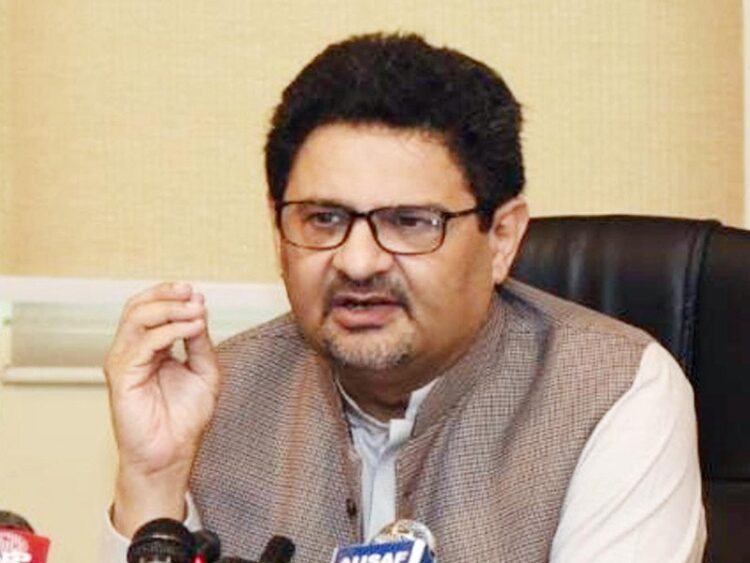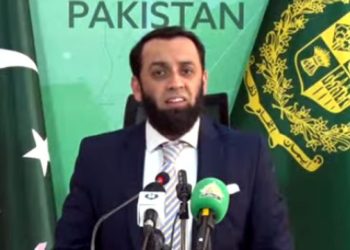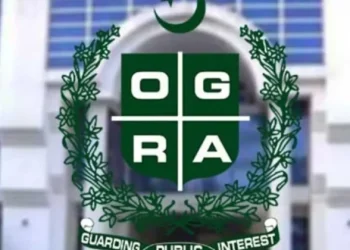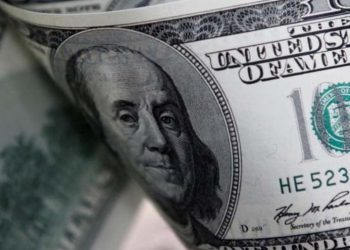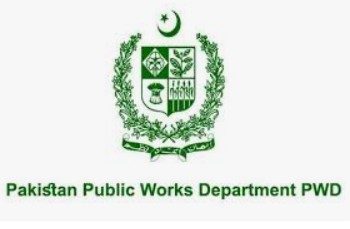Commerce Reporter
ISLAMABAD: Federal Finance Minister Miftah Ismail said on Friday that the subsidy introduced by the Pakistan Tehreek-e-Insaf (PTI) government on petrol and diesel cost a whopping Rs781 billion to the national exchequer, which was a grave mistake.
“Even the oil marketing companies were aware that the government would eventually pay the price of the callous economic blunder,” the minister said while speaking at an event at the Institute of Business Administration in Karachi.
Unfortunately, the cost of the grave mistake was paid by the people when the current government was coerced to raise the prices of petroleum products, the minister added.
Speaking about the delay in negotiations with the International Monetary Fund (IMF), the finance czar said he would have left immediately to build rapport with the IMF after assuming office, but could not travel outside the country as his name was on the no-fly list.
Miftah anticipated that this year the government may be forced to spend the development budget for flood relief activities as the scale of devastation was massive.
Speaking regarding Pakistan’s growth rate, Miftah said the population of the country is around 220 million and a growth rate of 4% is easily achievable.
“Though, an issue arises when growth rate of 5-6% is achieved through unsustainable means,” the finance czar noted. He explained that growth achieved by adding to the wealth of the rich is not sustainable.
The finance chief lamented that the PTI government-issued loans worth Rs570 billion at a one percent interest rate to the wealthy, which is not a sustainable model for growth. “Bringing about prosperity is not a herculean task,” Miftah said adding that people in Pakistan abstain from paying taxes which mars the development potential of the country.
While highlighting the issues faced by exporters, Miftah said they are forced to sell their products in the local market as the international market does not offer a viable profit margin to them. This hurts the economy, he lamented.
Miftah quipped at the masses for avoiding birth control on the grounds of religious rulings. “In 1971, the population of East Pakistan was greater than West Pakistan, today Bangladesh boasts a lesser population compared to us.” The minister correlated development with a lesser number of people in the country.


